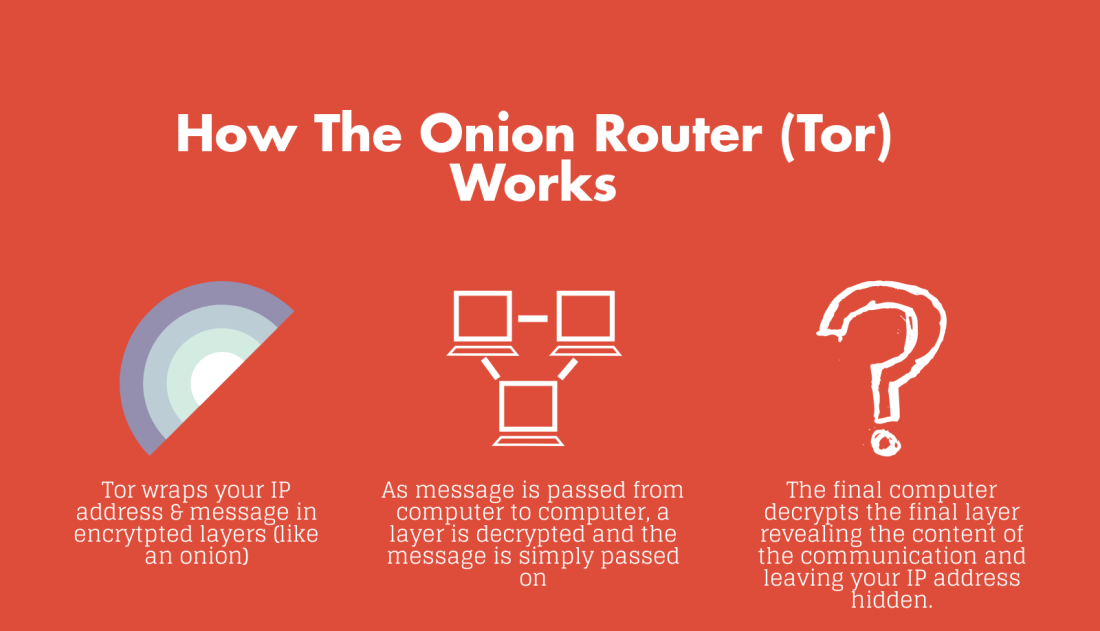
The Final Reflection: My UOSM2008 Experience
When taking this module I thought I knew what to expect from the content considering I had already completed the MOOC in UOSM2012. However what I didn’t expect to learn was how to relay that information and create concise, interesting and informative content for others. While I was keen to refresh my knowledge of the web, I also wanted to gain experience in writing online blogs.
Self Test: Then vs.
Continue reading →






